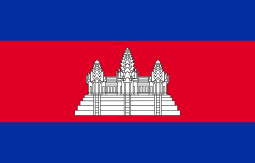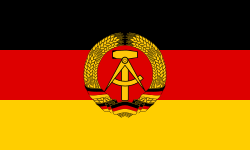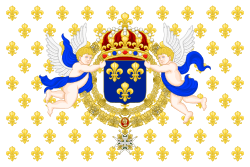President of the Council of Ministers
The President of the Council of Ministers or sometimes Chairman (in English, sometimes called informally Prime Minister) is the most senior member of the cabinet in the executive branch of government in some countries. Some Presidents of the Council of Ministers are the heads of government.
| Part of the Politics series on |
| Executive government |
|---|
| Head of state |
| Government |
|
| Systems |
| Lists |
| Politics portal |
Countries currently using the title






Countries that previously used the title
.svg.png)







.svg.png)




.svg.png)
gollark: Maybe what you mean is banning DRM-ish things, so you can definitely copy the program and run it elsewhere and such?
gollark: Well, you can't actually run the program if you don't have... the program, DRM or no.
gollark: A lot of things now do the fourth.
gollark: If I want to give someone access to some software, I can do MANY things:- give them the binary, which they can run locally but not edit very easily- give them a really obfuscated binary, which would be even harder to edit- give them source code, which is fairly easy to edit (or a somewhat obfuscated form, or without documentation or whatever, but same sort of idea)- not actually give them it at all, and just give them a webservice or something they can use remotely
gollark: Partly, but there's a more significant issue which I am typing.
See also
References
- Munson, Frederick P. [et. al.] Area Handbook for Cambodia (1963), p. 173
This article is issued from Wikipedia. The text is licensed under Creative Commons - Attribution - Sharealike. Additional terms may apply for the media files.